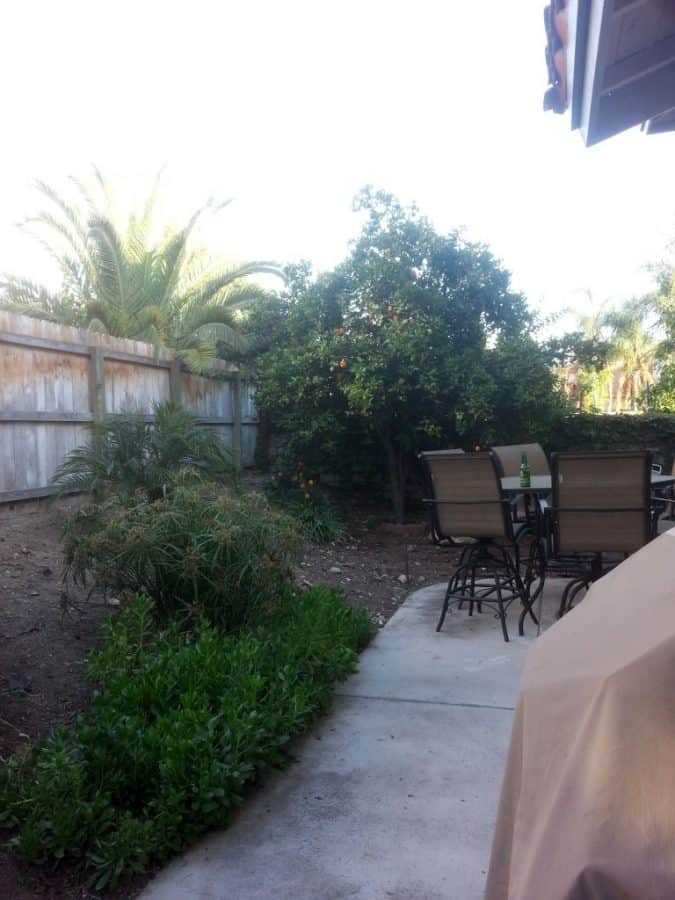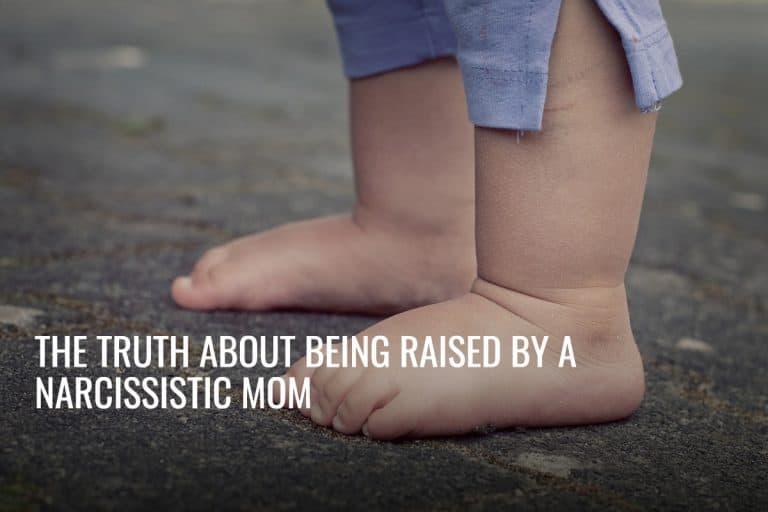Adult Bullying: What Is Bullying Anyway?
Adult bullying is a real thing, but with the word bully thrown around so casually anymore, what is bullying anyway? Let’s talk about it, as well as our responsibility in stopping others from being bullied. The victim isn’t in the wrong, and it’s on ALL of us to own our part in letting the bullying epidemic continue. Because of my personal experience, and how I saw people I used to respect handle it or ignore it — or talk about it — I decided to make lemonade out of lemons and write a series to help people realize that bullying isn’t just locking someone in their locker or calling them names. It’s so much more, and it’s all 100% avoidable.
Part One in a Series About Adult Bullying
Today we’ll talk about bullying in a very broad perspective, but stay tuned for further posts later to talk about what we can do to move forward if we’re being bullied, improving communication and resolution tactics, how to handle workplace bullying situations, bullies amongst family members as well as bullying resources and info from the experts! The stories I’ve received from my friends in all walks of life — male and female, stay-at-home parents, employees, business owners, major industry professionals of all types, teenagers, etc. — are too impactful to try and cram it all into just a couple of posts, so be sure to return later for more information. This is an open dialogue for all of us to come together as a community, big or small, and learn from and support each other!
Let’s start with the definition of a bully (noun): a person who is habitually cruel, insulting or threatening to others in an attempt to dominate or intimidate. Victims are typically seen as someone who is weak or vulnerable. Victims may have something the bully wants.
What is the definition of bullying (verb): the act of treating someone in a cruel, insulting, threatening or aggressive fashion repeatedly, or to attempt to cause someone to do something by means of force of coercion.
A bully is usually thought of as a child or teenager who acts out because they are jealous of someone, insecure or unhappy. Thing is though, many adults have regressed into that behavior, so when we think of bullies, we can’t overlook the fact that there is a lot of adult bullying going on out there and a lot of adults being bullied. In a world full of attempts to right social wrongs, adult bullies are thriving.
In short, bullying is intentional behavior designed to hurt someone physically, emotionally or mentally.
More importantly though, it’s important to understand that bullying is widely agreed to be a subset of even worse behavior: aggressive behavior characterized by hostile intent, imbalance of power and repetition, and bullies are nearly twice as likely to have a mental health disorder.
What do I need to know about adult bullying?
There’s a LOT you need to know about bullying, because chances are, someone you know is being bullied and you’ve either ignored it or played into it by laughing with the bully, liking their inappropriate behavior on social media or quietly backed away rather than supported the victim. Or you’ve been the victim of it yourself, all of this possibly sub-consciously. We may not even know.
There are several kinds of bullies out there and we’ll get into that more in a later post, along with real examples of bullying, what to look for, and how to know if you or someone else is being bullied. For now, read this adult bullying article for a quick outline.
Bullying is not about you. At all. It’s about the bully. They are frequently insecure, may have been bullied as a child, are unhappy and they may be envious of something you have.
Many adult victims are told to “just get over it. “
“It’s not that big of a deal.”
“They’ll stop if you ignore them.”
“What, is this high school again? Who cares what they <say, do>?”
“Just deal with it, it’s just a <hug, nasty comment, lie>.”
Or, a personal favorite?
“Better you than me!”
Frequently, adults will hear the same trite “they will stop if you ignore it” comments we tell children. We’ve learned though that this type of response doesn’t work when dealing with certain types of bullies, particularly those with mental disorders, including narcissism.
While that’s all dismissive of what the person is going through, it’s also playing into the bullying and ramping up your victim status, and being the victim gives the bully more power. It also encourages them to get more brazen, because they’re getting you to react. Even just tolerating sends a message.
Dealing with an adult bully is tricky. If we do nothing, we are seen as complacent, afraid, intimidated or weak. If we respond, the bully often twists the story and appears to make the victim appear to be the problem. Make no mistake, the bully’s goal, consciously or subconsciously, is for you to be wrong. Once you realize that, you can stop trying to change their mind and remind yourself that the problem is NOT you.
Bullying sometimes comes about as a result of an issue, but healthy adults get over issues and move on. Healthy adults don’t nurse grudges and continue to expend time and energy on upsetting others. Healthy adults don’t ruin their own experience by spending their time trying to ruin it for others. Healthy adults speak up and move on, rather than engaging in passive-aggressive behavior. Remember this.
Before we break it down and get into adult bullying in detail, in posts where I share facts, details, statistics and resources, I can’t stress enough that we do not need to be friendly or tolerant. Nothing in any definition of the word professional can be construed that we have to be friendly or tolerant. Instead, professionalism means doing our work, doing it properly, and not disrupting the event for others. Professional does not mean we hug, pretend to be friends or tolerate lies, name calling or disparaging commentary. Be kind, be courteous, and be the kind of person who you want to work with.
If we’ve learned anything from today’s political environment, it’s that we do not touch other people without consent, and if someone says “do not touch me,” we respect their request.
Bullies love to be in control, and they want to make the rules. They want to tell you how to behave, and honestly, nothing you do or say will be ‘right.’ Hugging to ‘keep the peace’ is allowing them to control you, and in a horrible way: unwanted physical touch. In all my years of working in marketing, social media, and even the mental health field and military, I was not required to say hello to anyone other than a patient or a client. IF I choose to, fabulous, but typically, I’m not sitting down at a table or a meeting with someone who has attempted to bully me, and quite frankly, I’m not doing it now. (Clarification: I will always do my work and sit where I need to sit to do it, but I’m also allowed to protect myself, physically and mentally, from bullying behavior, as well as those with me.)
So what do you do if it’s a co-worker? We’ll talk about that later, but for now, suffice it to say you do your work, you enjoy it, you don’t let anyone else’s behavior change yours. Never let someone else damage your work reputation, your business or your own happiness. There are ways to live normally and unaffected. More on all of that in a later post, because a few of you told me about co-workers or colleagues, and in some cases, supervisors that are bullying you.
This post about adult bullying is the first in a series about bullies, what they are, how to handle them, and what we can do as a community to stop bullies. I’ll also be sharing stories that people have shared with me in order for me to use in this series. The things I’ve learned in this very short period of research is scarily illuminating, and I hope that I can encourage others to speak up. Stop tolerating bullying behavior. You don’t need to make a scene, but you can disengage. You can speak up for a victim. You can understand why someone doesn’t want to listen to disparaging comments about themselves, why people are in control of their personal space, and why allowing others to control our behavior can be safely avoided in order to enjoy life to the fullest.
In a future blog post, I’m going to talk about how we can ensure we aren’t the ‘weak or vulnerable’ prey that a bully seeks. (If you’re only here to see who I talk about, you may want to click away now, because I haven’t talked gossip about people yet, and I won’t start now. One bad behavior isn’t excuse for another.) I’ll also talk about how we can help each other, how we can really show support for bully victims and why looking the other way is the wrong thing to do in most cases. (And don’t worry, we’ve all done it!) I’ll wrap it all up what I hope to do in the future to help stop adult bullying on a large scale and how I hope to help others.
Being bullied is something many people want to hide, but when the victim of a bully hasn’t done anything wrong, they need to stop hiding. There’s no shame when the other person or people are the bullies, because no one asks to be bullied. Let’s shine light on this topic and make change instead of leaving it for someone else to do.
Join me in taking back our power. If you’ve been bullied or have comments and thoughts about it, please reply below or email me at donna@dangerouscupcakelifestyle.com. All commentary shared in my series will be anonymous. (And I am not an attorney so I will be sharing no legal advice. If you are in an unsafe relationship or situation, please seek out the help of authorities.)
I hope you keep reading. This is just a wide descriptive beginning of what we can do together.







My husband bullied me for years and now has turned my children against me and pulls them in his bully tactics and acts. It’s a firm if abuse and I pray the courts see light to this. This form of abuse is beyond repair and it will continue until the bully hats exposed.
My husband bullied me for years and now has turned my children against me and pulls them in his bully tactics and acts. It’s a form of abuse and I pray the courts see light to this. This form of abuse is beyond repair and it will continue until the bully has exposed.